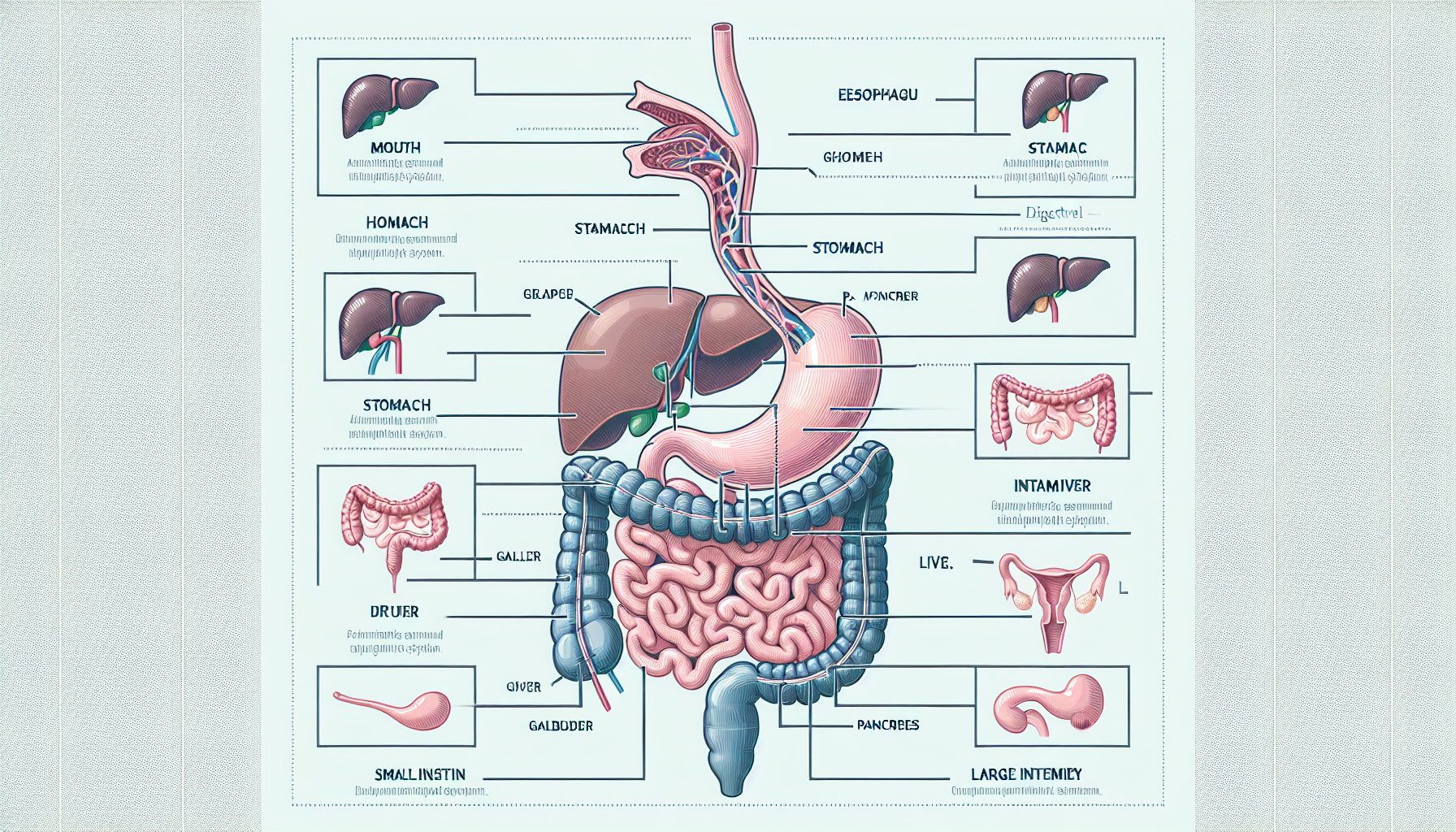Gluten has become a household term, often linked with dietary restrictions and health trends. However, amidst the widespread conversations about gluten and digestive health, there is still a cloud of confusion about how gluten truly affects our gut and overall well-being. This article aims to dispel common myths and arm you with facts, so you can make informed decisions about your diet and health.
Understanding Gluten and its Role in Digestive Health
Gluten is a group of proteins found in grains such as wheat, barley, and rye. It’s known for giving bread its chewy texture and is a common additive in many food products for its binding properties. However, for certain individuals, consuming gluten can lead to health issues, the most well-known being celiac disease—an autoimmune disorder where gluten intake damages the small intestine.
But celiac disease is just the tip of the iceberg. Even in the absence of this condition, some people experience a range of symptoms after consuming gluten, a condition known as non-celiac gluten sensitivity (NCGS). Symptoms can include bloating, gas, diarrhea, constipation, and fatigue, which can significantly impact digestive health and quality of life.
Debunking Gluten Myths
Myth 1: Gluten is Unhealthy for Everyone
One common misconception is that gluten is intrinsically unhealthy for all. However, for individuals without a gluten-related disorder, there is no scientific evidence to suggest that gluten poses a health risk. In fact, whole grains that contain gluten are a rich source of fiber, vitamins, and minerals.
Myth 2: Gluten-Free Equals Healthy
The gluten-free market has exploded, with many perceiving gluten-free products as a healthier alternative. However, it’s important to scrutinize the nutritional content of these products, as they can sometimes be higher in sugar and fat to compensate for texture and flavor.
Myth 3: A Gluten-Free Diet is Necessary for Digestive Health
For those without celiac disease or NCGS, a gluten-free diet is not a prerequisite for digestive health. An unnecessary restriction can lead to a reduction in fiber intake and potentially result in other dietary deficiencies.
The Effects of Gluten on Susceptible Individuals
For those with celiac disease or NCGS, gluten can cause inflammation in the intestine, leading to a compromised gut barrier, malabsorption of nutrients, and a host of digestive and non-digestive symptoms. In these cases, adhering to a strict gluten-free diet is essential.
Studies have shown that a gluten-free diet can improve symptoms and heal intestinal damage in individuals with celiac disease. However, it’s important to approach this diet under the guidance of a healthcare professional to ensure all nutritional needs are met.
Integrating a Gluten-Free Diet into Your Lifestyle
If you’ve been diagnosed with a gluten-related disorder, integrating a gluten-free diet can seem daunting. However, with the abundance of gluten-free options and resources available today, it’s manageable with some planning and education.
Tips for Following a Gluten-Free Diet:
- Read Labels Carefully: Gluten can hide in many products, including sauces, condiments, and even medications. Always check the labels for gluten-containing ingredients.
- Focus on Whole Foods: Naturally gluten-free foods like fruits, vegetables, meat, fish, dairy, and certain grains (e.g., rice, quinoa) should be staples in your diet.
- Avoid Cross-Contamination: In kitchens where gluten-containing foods are prepared, use separate utensils and cooking areas to avoid cross-contamination.
For more guidance on managing a gluten-free diet, consider exploring resources like the Celiac Disease Foundation or the Gluten Intolerance Group.
Exercise and Digestive Health
Physical activity is a vital component of maintaining good digestive health. Regular exercise can help improve gut transit time, reduce inflammation, and even alter the composition of gut microbiota positively. Individuals with gluten-related disorders may find that incorporating an exercise routine, such as HIIT for older adults, can alleviate some digestive symptoms and enhance overall well-being.
The Link Between Gluten, Exercise, and Digestive Health
Engaging in regular physical activity can benefit those with gluten-related disorders in several ways:
- Reduces stress: Chronic stress can exacerbate digestive symptoms. Exercise is a proven stress reliever.
- Boosts Immunity: A stronger immune system can help fend off potential complications associated with gluten-related disorders.
- Aids Nutrient Absorption: Exercise improves blood flow to the digestive tract, which may enhance nutrient absorption, particularly crucial for those with celiac disease.
Final Thoughts
Understanding the relationship between gluten and digestive health is crucial, especially in an age where misinformation is rampant. For the majority, gluten poses no risk and is part of a balanced diet. For those affected by gluten-related disorders, awareness and education are key to managing health. Regular exercise and a well-planned diet can contribute significantly to digestive wellness and overall quality of life.
For further reading on related topics, explore how lifestyle changes can alleviate gastroesophageal reflux disease symptoms, or delve into the link between exercise and digestive health.
Remember, whether you’re navigating a gluten-free lifestyle or simply striving for optimal digestive health, it’s essential to consult with healthcare professionals and utilize credible resources to guide your journey.



